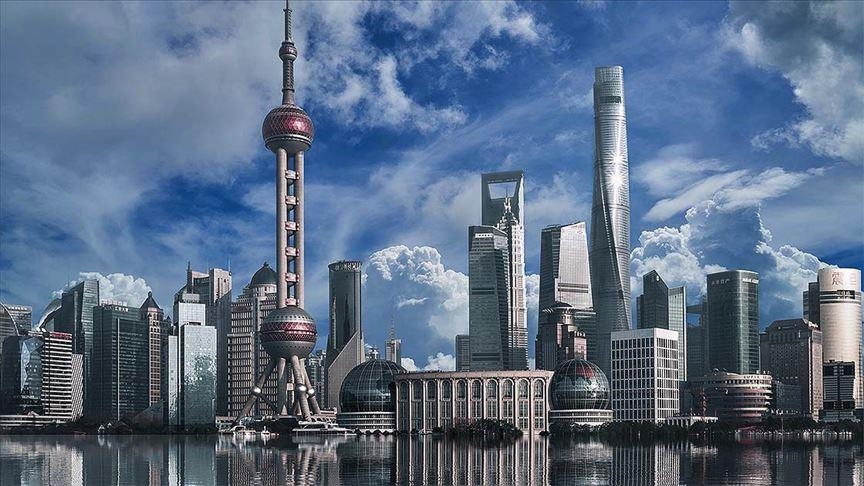Africa makes up over half of all countries with highest debt to China
China has ‘no political, economic gain’ from potential ‘debt trap’ that has become topic of much debate in country’s involvement in large-scale projects in Africa, says expert
 China
China
ISTANBUL
Some 11 out of 20 countries with the highest debt to China are from Africa, as the country supports the region with its development needs, especially in infrastructure, under its Belt and Road Initiative.
The initiative, announced in 2013, aims to create a large network of infrastructure, stretching from China to the rest of Asia, Europe, and Africa. The initiative includes the implementation of major projects, such as railways, highways, and power plants.
African countries have become an important part of the initiative as billions of dollars have been provided to them through the Export-Import Bank of China and China Development Bank, but these debts have sparked various debates with experts suggesting that these African countries could find themselves in some sort of a “debt trap.”
Alleged lack of transparency and the sustainability of these projects make up the basis of those concerns, while experts are also worried that some African countries may resort to transferring critical infrastructure assets as the debt burden to China increases.
The World Bank data showed that Angola is at the top among the 11 African countries with the highest debt to China according to 2023 data.
Angola’s debt to China was $17.8 billion, followed by Ethiopia with $6.5 billion, Egypt with $6.3 billion, Zambia and Kenya with $6 billion each, South Africa and Cameroon with $3.5 billion each, the Republic of Congo with $3.2 billion, and the Democratic Republic of Congo with $2.9 billion.
Outside of Africa, Pakistan’s debt to China was $22.5 billion, Argentina $21.2 billion, Sri Lanka $8.6 billion, Bangladesh $6.7 billion, Laos $6 billion, Cambodia $4 billion, Belarus $3.5 billion, Ecuador $3.3 billion, and Brazil's $3 billion.
China stands out as ‘most suitable country to meet Africa’s needs’
Altay Atli, a lecturer at Istanbul-based Koc University, told Anadolu that via the Belt and Road Initiative projects, a Chinese bank provides the financing and a Chinese company conducts the project on the site.
“The Chinese state is at the head of these operations -- we’re talking about a state capitalist system: these are not just any companies or banks, these are not random or market-driven developments, but a part of China’s foreign policy,” he said.
Atli stated that these indebted countries have some serious infrastructure needs, which is why they make up over half the countries with debt to China.
“China stands out as the most suitable country to meet Africa’s needs, offering better conditions and faster projects, and unlike Western countries, China does not impose political conditions or other criteria or additional requirements,” he noted.
Atli emphasized that some caution needs to be exercised, suggesting that “no Chinese firm would make such investments in the region simply because of profit prospects.”
“All of these operations are being done under China’s state policy -- what we see is that China is doing business in the region and it obviously wants its money back, which is why we don’t agree with the ‘debt trap’ term,” he said. “Yes, countries may have a hard time paying back but that is not just about loans taken from China, they take loans from other countries as well, which means they are not only struggling to repay to China.”
He also noted that China “does not employ the international standards of transparency in project funding,” and although this indebtedness has become a topic of much debate, he said he does not see “any economic or political benefit."
Anadolu Agency website contains only a portion of the news stories offered to subscribers in the AA News Broadcasting System (HAS), and in summarized form. Please contact us for subscription options.







